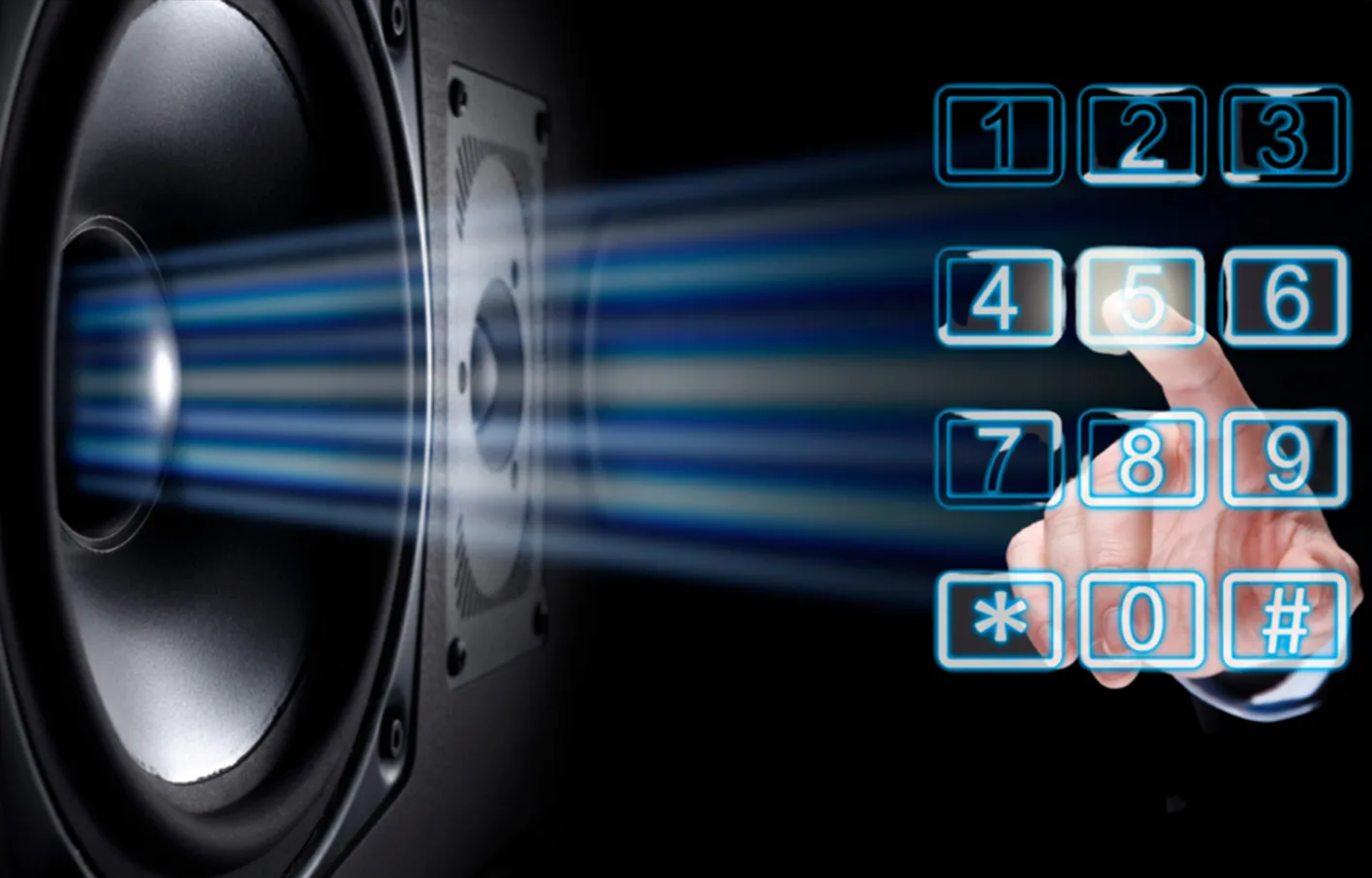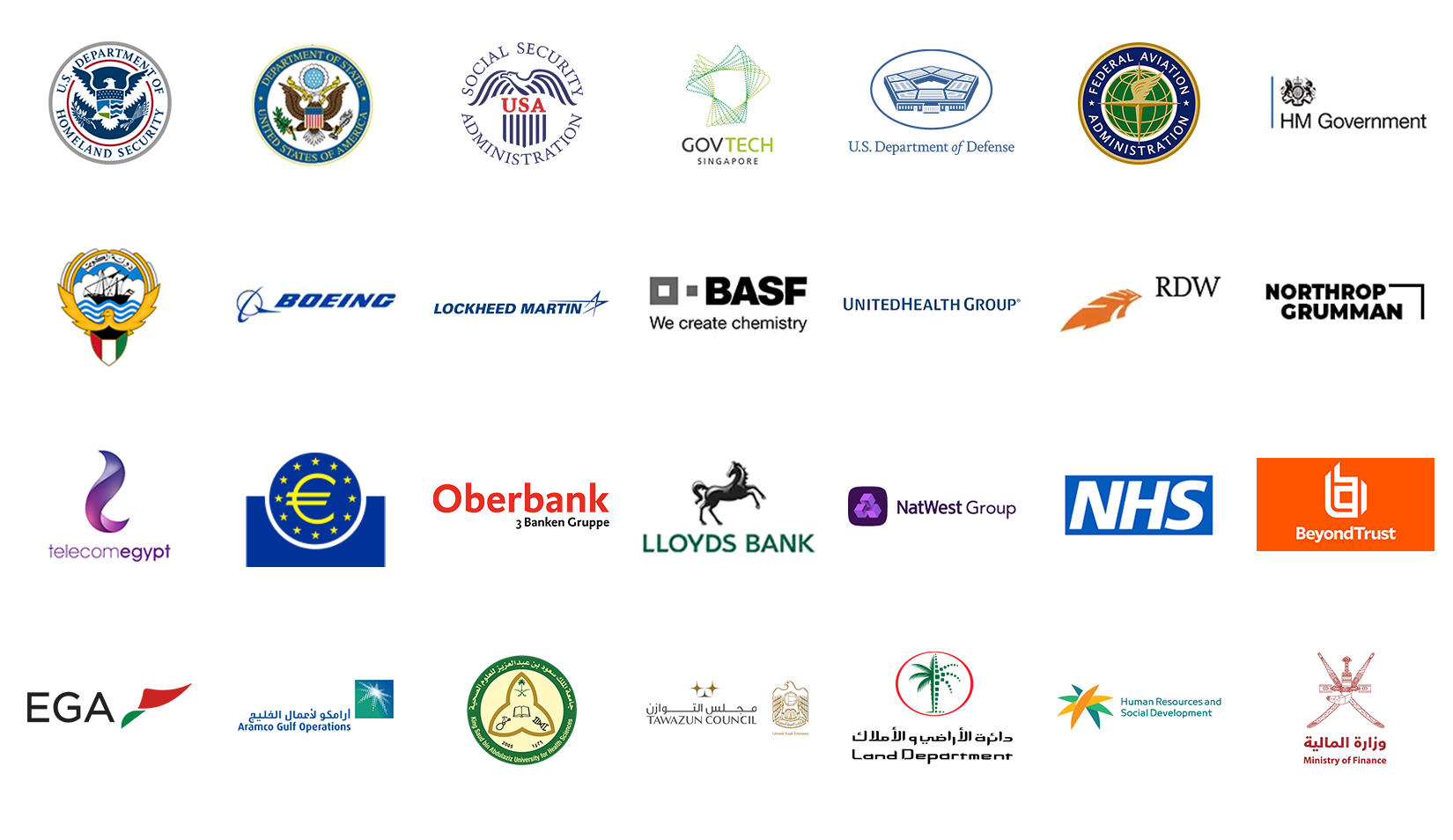
From Punk to Pop a Pattern Emerges
From Jimmy Page to Jack White, guitar heroes make it look effortless. So, I thought I too would pick up an ‘axe’ and was confident that in no time I would be a legend in my own living room. Turns out it isn’t so easy!
After many wasted hours of noodling (a technical term for playing with messing around), I decided it would be a good idea to get some professional help. It was in the very first lesson that I began to learn that you don’t need understand the difference between the minor pentatonic (think rock) and mixolydian (jazzier) to carry a tune. In fact, many guitar heroes only know shapes and patterns, as Dave Grohl from The Foo Fighters explains so well in this short video.
This was music to my ears, given that here at Authlogics we have long extolled the benefits of using patterns over passwords for stronger Authentication. So, I grabbed a pick, plugged in and in no time sounds almost melodic was filling the air.
For humans shapes and patterns make sense. In fact, they are so ingrained that we are always looking for them, even when they are not there (a phenomenon called Apophenia). Think about how you enter characters on your phone or type on a keyboard, chances are if someone asked you where the ‘P’ key is you would find it hard to tell them, but if they asked you to type ‘Password’ you would instinctively type it without a second thought (we often think of this as muscle memory).
In fact, most of the passwords we create for ourselves are based on a memorable pattern or formula. Amongst the most popular passwords are ‘QWERTY1234’ and ‘qazwsxedc’ because they are memorable patterns on a traditional keyboard. We might also use a memorable formula, such as picking a pet’s name, year of birth and a special character. The problem is that we need to remember lots of different passwords and keeping track of which password connects to which account inevitably leads to multiple login attempts, being locked out and needing to reset. That is unless you use the same password, but we all know that we shouldn’t do that! Right? Also, passwords such as QWERTY1234 are incredibly easy to crack as Intercontinental Hotels Group reportedly discovered recently.
It is for this reason that pattern-based authentication can have a distinct advantage. In the same way that I cannot tell you all the notes and what order they appear in to play chords, I know the shape and pattern that I need to place my fingers. So, using patterns instead in place of passwords makes a lot of sense. It can be a way to improve both security and convenience, by creating a one-time code from a pattern that only the user knows.
Authlogics offer an extensive choice of passwordless multi-factor authentication (MFA) login technologies all within one licence, enabling secure online and offline authentication from anywhere at any time. Choose from a grid pattern, security questions, standard/OATH OTP, push, biometrics or Yubikey technologies. To learn more about how pattern-based authentication works, Authlogics have a free-to-download whitepaper – Pattern Based Authentication – Solving the Password Problem.
If only learning to play the guitar was as easy as solving the password problem!
Trusted by Governments and Enterprises Worldwide
Where protecting systems and information really matters, you
will find Intercede. Whether its citizen
data, aerospace and defence systems, high-value financial transactions,
intellectual property or air traffic control, we are proud that many leading
organisations around the world choose Intercede solutions to protect themselves
against data breach, comply with regulations and ensure business continuity.

